Teaching and Fantasy Literature: How to Use Your Proud Geek Heritage to Survive The Scarlet Letter
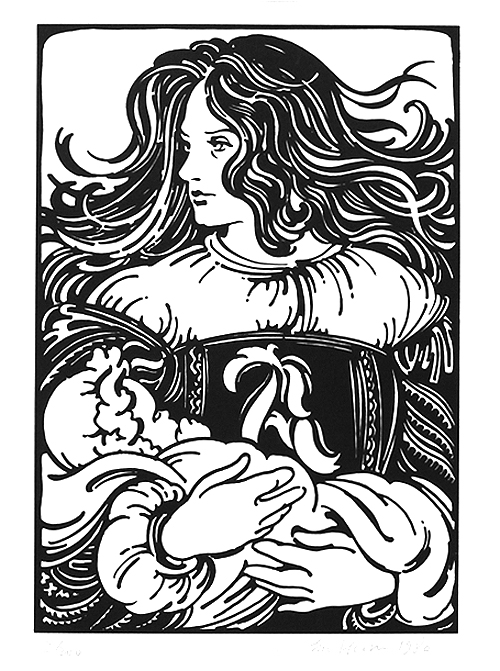 What a book to assign to high school students! The plot plods, the characters wallow, the ending claims to be happy but is, in most readers’ experience, a huge downer. The book manifests many forms of excellence, too, but it’s simply the wrong book for high school, and it’s part of a canon of eat-your-brussels-sprouts literature that notoriously turns boys off from reading in general.
What a book to assign to high school students! The plot plods, the characters wallow, the ending claims to be happy but is, in most readers’ experience, a huge downer. The book manifests many forms of excellence, too, but it’s simply the wrong book for high school, and it’s part of a canon of eat-your-brussels-sprouts literature that notoriously turns boys off from reading in general.
Fortunately, I have discovered a secret reading protocol that takes some of the sting out of Hawthorne.
American teenagers will probably be stuck with The Scarlet Letter for many generations to come, for several reasons. One good reason: It offers insights into both the Puritan world of its characters and the mid-nineteenth-century world of its author–it’s a sort of curricular three-for-one bargain. Another good reason: Nathaniel Hawthorne was an immensely important author, with an influence that galvanized both contemporaries like Poe and Melville and generations of authors since. (It bears noting that a small minority of readers actually like The Scarlet Letter. Maybe some of them will come visit our comment thread and offer other perspectives. That would be cool.) However, not all the biggest reasons are so, well, reasonable.
Crappy Reason 1: Everybody who trains for certification to teach high school English is required to write lesson plans for The Scarlet Letter, so they’ll have a unit to run with, no matter where in the country they get a job. This means when you study The Scarlet Letter, even if your teacher is a veteran by then, you may be getting a unit s/he wrote as a college sophomore. The chicken-and-egg flipside of this phenomenon is that, because almost any certified English teacher has already been required to prepare a lesson plan for The Scarlet Letter, school districts regard it as safer to put on required reading lists than other classics that would require more fresh preparation on the part of their already overworked faculty.
Crappy Reason 2: If your poor English teacher had to suffer through The Scarlet Letter when s/he was in high school, and then again in college literature classes, and then a third time in education classes, that book may come to seem as inevitable as death and taxes. Cognitive dissonance may set in, too: I was made to suffer my way through preparing to teach this book, therefore the book must be appropriate and worthwhile to teach.
But you came here for my secret reading protocol, my survival plan, so let’s get on with that.
Read The Scarlet Letter as a failed fantasy novel.

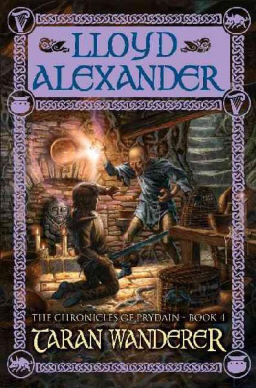
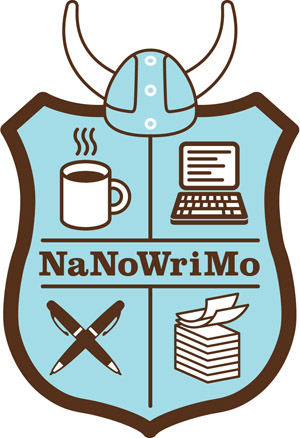 Oaths, vows, geasa, bindings–you love reading about that kind of thing, or you wouldn’t be here at Black Gate. A vow is powerful magic. A vow written or witnessed is more powerful still.
Oaths, vows, geasa, bindings–you love reading about that kind of thing, or you wouldn’t be here at Black Gate. A vow is powerful magic. A vow written or witnessed is more powerful still.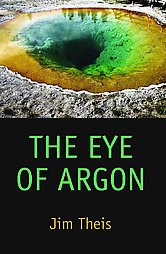
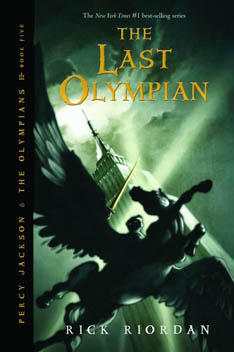 “What do you do when nobody’s making you do anything?”
“What do you do when nobody’s making you do anything?”